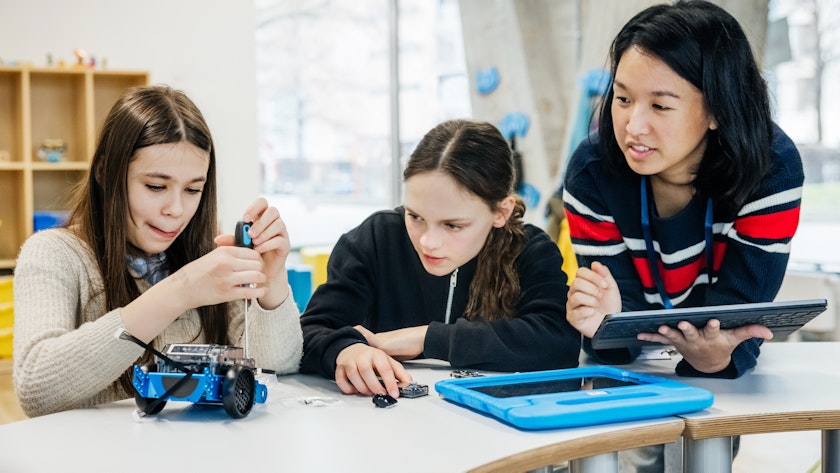The Ultimate Guide to BaoXing Bags
Explore the latest trends and styles in BaoXing bags.
Can Boring Textbooks Save the World?
Discover how seemingly dull textbooks could hold the key to solving global challenges. Could the answer lie in their pages? Find out!
The Power of Knowledge: How Textbooks Shape a Better Future
The Power of Knowledge is undeniable, particularly when it comes to educational materials like textbooks. Textbooks serve as the backbone of academic learning, providing structured information that helps students comprehend complex subjects. By presenting information in a clear and organized manner, they enhance understanding and retention, which is crucial for the development of critical thinking skills. In an ever-evolving world, having access to quality textbooks ensures that individuals are well-prepared to tackle future challenges, thereby shaping a better future for society as a whole.
Moreover, textbooks promote equity in education by offering standardized content that can be accessed by all students, regardless of their backgrounds. This inclusivity allows for a level playing field where every learner can acquire the same foundational knowledge. As a result, textbooks not only empower individuals with the tools needed for personal success but also enrich communities by fostering a more educated populace. In essence, the role of textbooks in shaping a brighter future cannot be overstated; they are indeed a powerful vehicle for knowledge that drives societal progress.

Are Textbooks the Key to Sustainable Solutions?
In the contemporary discussion surrounding sustainability, the role of textbooks is often underestimated. However, they serve as vital resources that consolidate knowledge on best practices, emerging technologies, and historical lessons concerning environmental stewardship. By providing a comprehensive overview of sustainable solutions, textbooks equip students and professionals with the information needed to address pressing global challenges. The structured information they offer enables learners to understand complex interconnections between economic development, social equity, and environmental preservation.
Moreover, textbooks play a crucial role in shaping the future workforce. They are not only educational tools but also inspire critical thinking about sustainability. Incorporating case studies, diagrams, and theory, these resources encourage readers to analyze and implement effective strategies tailored to their local contexts. As textbooks evolve with new editions, they reflect the latest research and innovations, thus ensuring that the knowledge disseminated is both relevant and actionable, making them essential in paving the way towards sustainable solutions.
Can Traditional Learning Methods Foster Innovators for Tomorrow?
In a rapidly evolving world, the question of whether traditional learning methods can foster innovators for tomorrow is increasingly relevant. Traditional learning, often characterized by structured curricula and standardized testing, has its merits, providing students with foundational knowledge and critical skills. However, critics argue that this approach may stifle creativity and out-of-the-box thinking. To nurture future innovators, educators must find a balance, integrating traditional methods with creative problem-solving and hands-on learning experiences that inspire students to explore their passions.
Moreover, traditional learning environments can still play a crucial role in developing innovative thinking when infused with modern pedagogical techniques. For instance, incorporating project-based learning and collaborative group projects can encourage students to apply theoretical knowledge to real-world situations. By fostering a classroom culture that values curiosity and experimentation, educators can transform traditional learning into a breeding ground for tomorrow's innovators. Ultimately, the fusion of conventional methods with innovative teaching strategies may very well be the key to unlocking student potential for future breakthroughs.